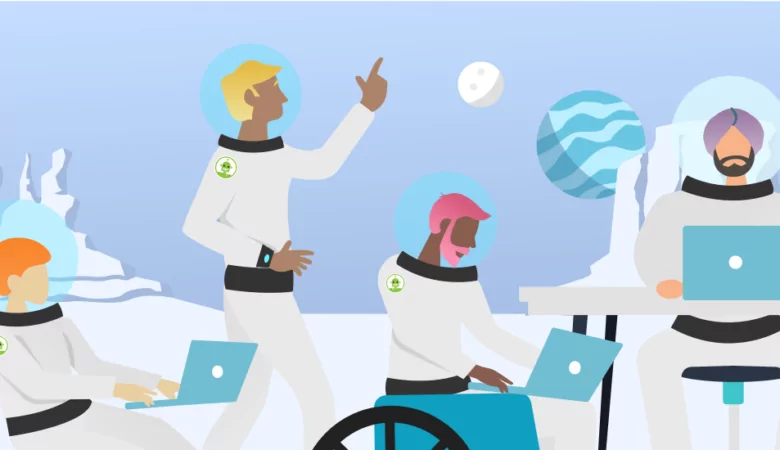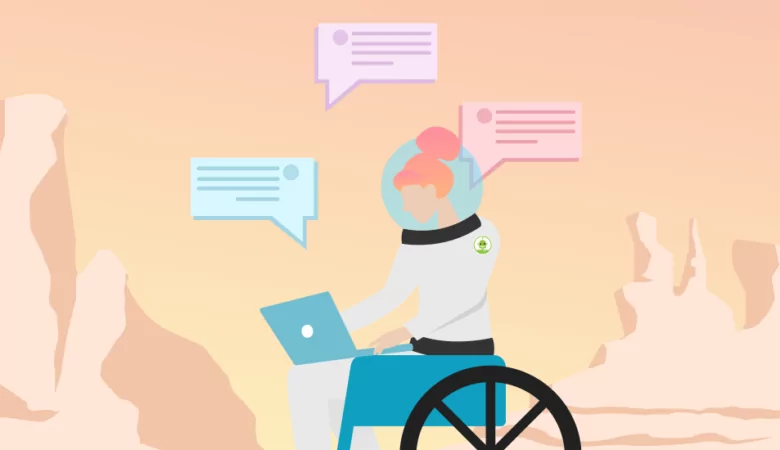An informational interview is a great way to learn more about a potential job opening. Here’s how to conduct an effective informational interview.

Informational Interview Questions You Can Consider
Informational Interview Questions
If you’re thinking about applying for a job at a specific company, especially if it’s a highly-competitive job or a job that’s not yet listed on job sites, then you may want to do a few informational interviews before you put in your job application. This is a pathway that not everyone might be aware of, but it can be incredibly helpful for your professional development. Here’s what you need to know about writing an informational interview and asking informational interview questions.

What Is an Informational Interview?
An informational interview is an interview that you conduct with someone who’s already in a specific career field or working for a specific company, with the intent to learn more about their job. The idea is not only to discover career advice but also to learn more about career development in a specific company or industry. You’re essentially asking someone questions about their career to learn more about your own career.
Three Top Reasons to Consider an Informational Interview
When you first hear about an informational interview, you might wonder why people would even bother. Why would you ask someone else about their job when you could be concentrating on your job search? There are a number of reasons why an informational interview can be an incredibly good idea:
1. Create positive impressions.
First of all, you’re simply creating positive impressions within a field or a specific company when you conduct an informational interview. Even though you may not be asking these questions to a hiring manager, these individuals may become referrals or even just be able to put in a good word with a hiring manager.
2. Discover insider knowledge.
Much of the information that you have when trying to get entry-level jobs is information you’ve received from the outside. This information can be helpful, but it’s often incomplete or, at the very least, not as thorough as information from people who have been in this field for decades. Insider information can be very beneficial when trying to get a new job.
3. Create a better professional network.
Networking is incredibly important in the job market. If you have a contact person that might be able to introduce you to other people within your ideal industry, then that can be a hugely impactful component of eventually getting a great job.
Best Questions for an Informational Interview
Preparing for an informational interview is all about having the right sample questions. Here’s a list of questions that you might want to use when talking to someone that you’re doing an informational interview with:
- Why did you choose this career?
- What is a typical day like for you in this career?
- What types of training do you recommend for someone who wants to do this job?
- What do you wish someone had told you before you chose this career path?
- What past work experience do you most frequently use?
- What are the biggest rewards and downfalls of this job?
- What professional journals do you recommend for someone entering the field?
- Are there any professional associations and professional organizations that are important to join?
- What was your job interview like?
- What is the general salary range for this career? What entry-level salary can I expect?
- What personality traits are most helpful in this job?
- Did you do any internships before landing this job?
- Is there a good work/life balance in this career?
- What advancement opportunities can I expect in this career path?
- What are the challenges of the job market right now?
- Do you enjoy your current position and the kind of work you do?
- Would you recommend any career services?
- What has been the biggest challenge in your career so far?
- How do you expect this field to change in the short-term and long-term future?
The actual questions you choose will often depend on what information you feel you’re missing. If you’re mostly missing information about how the job works day-to-day, then you’ll want to ask different questions than if you’re lacking information about general professional development.
FAQ: Informational Interviews
Aim to ask about five to ten questions in an informational interview. Generally, you should try to make the interview last no longer than half an hour, with many informational interviews only taking around 15 minutes. Usually the interviewee is giving you their time in exchange for essentially nothing except for the ability to help someone else in their field. Respect their time, and ask no more than around ten questions.
The only times you should really talk in an informational interview is when you’re asking a question, asking for clarification, or responding to a question they’ve asked you. It’s best to let the interviewee talk as much as possible during the informational interview, so you can respect their time.
If you’re interested in doing a follow-up after an informational interview, then you can do this by email. Send a thank-you email to the person you talked to, thanking them for their time and their valuable information. Then, you can ask any more questions you have, including any questions that you forgot to ask or that came up since then.








